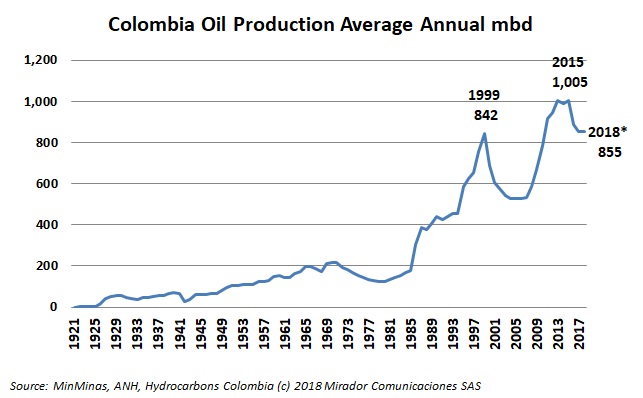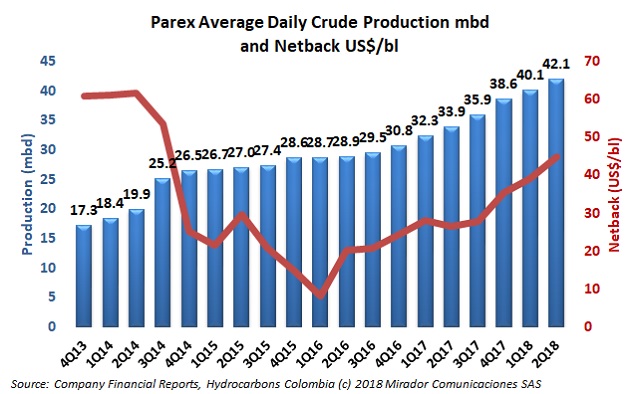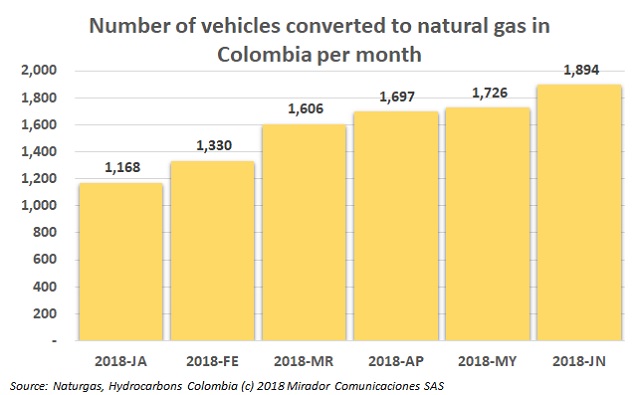
The bottom-line for a company are its profits and/or stock market performance. But we try to take a policy perspective so our bottom-line is production and reserves. Both were rather naturally affected by the oil-price crisis and so, maybe, “nobody’s fault”. The current industry question is how fast things have reacted to upward price signals and whether policy plays a role in that. Call it the U-curve.
I promised this three weeks ago now but, fortunately, we received a couple of important expert contributions on Ecuador and the new ‘permanent’ assignment process. Now that we are officially out of the Santos era and into the Duque era, it seems less important to do this. But a promise is a promise…

Parex (TSX: PXT) announced its financial and operating results for the second quarter of 2018. The firm reported oil production growth and good financial performance. Parex is optimistic about its performance in coming quarters.
The development of unconventional projects is one of the main alternatives to resolve concerns about oil self-sufficiency in the long term in Colombia. However, this has generated much controversy over the use of techniques such as fracking and Colombian politicians are discussing this issue.
The project would represent important savings for the country, according to former Vice President, General Oscar Naranjo.
Colombian and Venezuelan authorities spoke about how fuel smuggling has escalated in the country. The development of these and other stories in our periodic Security summary.

The country is looking for alternatives to reduce pollution and Natural Gas Vehicle (NGV) is positioned as one of the best options. The Colombian Natural Gas Association (Naturgas) produced a report on the conversion of vehicles to natural gas during this year.
President Ivan Duque swore in María Fernanda Suárez as Colombia’s new Minister of Mines and Energy (MinMinas).
The Colombian Association of Petroleum Engineers (ACIPE) talked on the possibility of implementing fracking in Colombia. Julio Cesar Vera, President of ACIPET, spoke on this subject in an event about heavy crude in Bogotá.
The sixth cycle of negotiations with the ELN concluded in Havana (Cuba) with not so positive results. The head of the government’s negotiating team, Gustavo Bell, explained why.